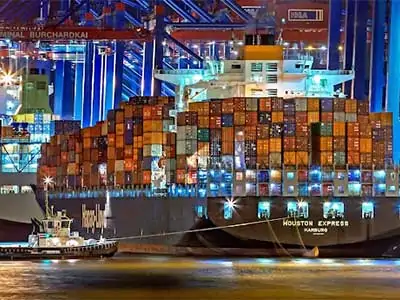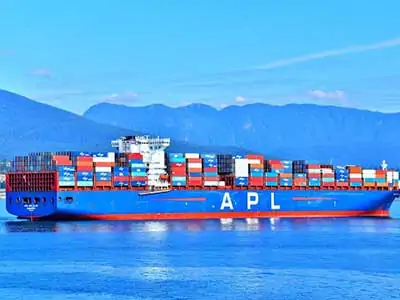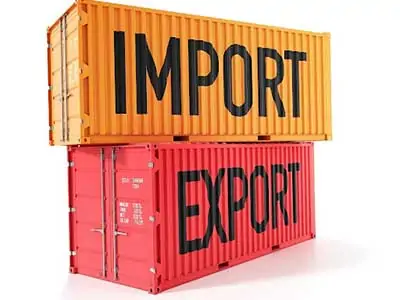 On April 2, 2025, President Donald Trump announced a series of sweeping tariffs aimed at promoting U.S. manufacturing and addressing trade imbalances. These measures, referred to as “Liberation Day Tariffs”, have significant implications for the global economy and international relations.
On April 2, 2025, President Donald Trump announced a series of sweeping tariffs aimed at promoting U.S. manufacturing and addressing trade imbalances. These measures, referred to as “Liberation Day Tariffs”, have significant implications for the global economy and international relations.
Overview of the Tariffs
 The newly announced tariffs include:
The newly announced tariffs include:
- Baseline Tariff: A 10% tariff on all foreign-origin goods imported into the United States, effective April 5, 2025. This tariff applies universally, regardless of existing trade agreements.
- Country-Specific Tariffs: Higher, individualized tariffs on imports from countries with which the U.S. has significant trade deficits. These tariffs, which incorporate the 10% baseline, are set to take effect on April 9, 2025. Some examples include –
- China: 34% tariff on imports.
- European Union: 20% tariff on imports.
- Japan: 24% tariff on imports.
- United Kingdom: 10% tariff on imports.
- Foreign-made automobiles: 25% tariff.
- Exemptions: Certain sectors, such as pharmaceuticals, semiconductors, and select materials, are exempt from these tariffs to mitigate potential negative impacts on critical industries.
Implications for Global Trade
 These protectionist tariffs stand to do a lot of damage to the United States and Global economy. Hopefully Trump will reconsider but some of the impacts have already included –
These protectionist tariffs stand to do a lot of damage to the United States and Global economy. Hopefully Trump will reconsider but some of the impacts have already included –
- Trade Wars: The risk of escalating retaliatory measures from affected countries, leading to a cycle of increasing tariffs. China has threatened a retaliatory 34% tariff.
- Diplomatic Strains: Tensions between the U.S. and its trading partners, potentially impacting broader international relations. Some countries have already threatened retaliatory tariffs.
- Stock Market Crash: The stock market has tanked significantly; with many economists saying a “Black Monday” has happened with the announcement of the tariffs. Investors are shying away from their stocks with the uncertainty of potential future trade wars.
 The “Liberation Day Tariffs” represent a bold move by the Trump administration to reshape global trade dynamics. While intended to bolster domestic industries, the broader economic and diplomatic ramifications remain uncertain. The stock market has taken a huge plunge, signaling investors are uncertain and worried about the future. This makes growth harder for new companies.
The “Liberation Day Tariffs” represent a bold move by the Trump administration to reshape global trade dynamics. While intended to bolster domestic industries, the broader economic and diplomatic ramifications remain uncertain. The stock market has taken a huge plunge, signaling investors are uncertain and worried about the future. This makes growth harder for new companies.
Unfortunately for Trump, the new tariffs won’t be able to bring back American manufacturing. The U.S. doesn’t have the infrastructure or skilled workers to make all goods in the U.S. And some products are not possible to get made in America due to either lack of the proper materials or expertise.
What is predicted to happen is that people will keep importing from foreign countries, the cost of goods will increase until better terms can be negotiated. If you need help navigating these uncertain times, contact us now. We strive to continue to make the sourcing process accessible and cost effective.
